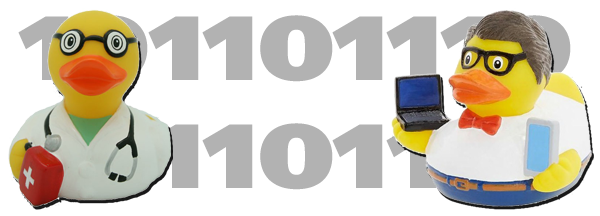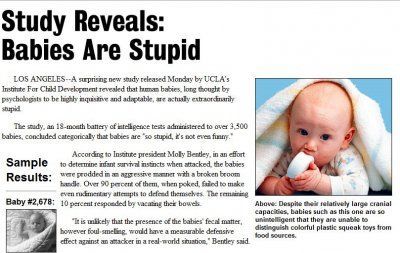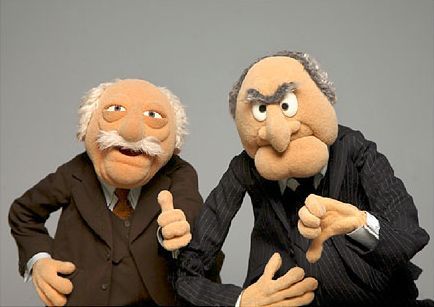Crisis In Science: 1
Just like the Covid-19 story quickly became a story more about how groups of people act than science, science itself is experiencing a crisis of content due to it's social structure and the natural behavior of humans.

Just like the Covid-19 story quickly became a story more about how groups of people act than science, science itself is experiencing a crisis of content due to it's social structure and the natural behavior of humans. It's gotten impossible to ignore.
In the last two weeks:
- Are Experts Real?
- Hype is creeping into scientific papers
- Another scam paper published in a “scientific” journal
- I tried to report scientific misconduct. How did it go?
The last one spawned an avalanche of personal stories on HN.
- After a decade of floundering [doing postdoc research] I realized that even though I am pretty good at science, I was no good at playing academic politics and quit the pursuit; I drove for lyft/uber for a bit, and now I'm a backend dev. I am certain that my experiences are not unique
- My own, rather bitter, experiences with academic research in the early 1990s led me to suspect that by trying to "manage" academic research at a large scale was utterly counter productive and was optimising for all the wrong things (publications, career progression, money, politics) and was actually dramatically reducing the amount of actual science being done
- It becomes a trap and many of them loose their minds as them dig themselves into deeper and deeper holes not knowing what else to do. Source: shrink in the family at a univ counseling center. At the end of the day they are misguided people...Even though there is a high price, their function is to train the survival skills of the honest folk who rise up the food chain
- [previous content] made me remember why I ran like hell after my undergrad even during the financial crisis of 2008's horrible job market and being up to my eyeballs in debt; I saw the politicking behind what it took just to get a department to give a nod to a tenured professor's peer reviewed paper.
It was fucking pathetic and I've never been more ashamed of my what would be my profession than that but it set the tone for what to expect and made me realize just how irreparably marred that system is. It was followed by a sense of dread that nothing I could do would ever change that and I turned down the offer to work in said professor's lab to carry things on into grad school (MS) and just worked as hard as possible to pay off my debts and pivot my Life entirely. I'd rather sweep and clean floors helping a small business grow into something real than ever go back to that despicable environment.
Academia is definitely a mind-prison, and a trap for so many brilliant minds that may not have ability or wherewithal to try their hand a startup or have the necessary paperwork (citizenship) to take on private sector work, which itself carries a ton of pitfalls.
- I remember doing chemistry at university and lab results quite frequently didn't match the expected results. So the first time you submit the results you report what you've found and try and explain it, and get marked down...Lesson learned in future you give them what they want and attach large error bars
Of course, anecdotes aren't data, and articles like the last one bring out a lot of selection bias in the comments. However, none of this is anything new; we've been reading about problems in science for years now.
But it seems to be accelerating, the actual bad science and/or the public conversation about it. We need to have a public conversation about it with a lot of voices involved. Why? Because lots of people, churning through the anecdotes, will eventually agree on what the root of the problem is, or at least get closer than we are now. Here's a comment I made in response to one of the more recent stories.
We have a pervasive problem that doesn't get much attention (aside from fear-mongering)
Because it's a topic so easily prone to hyperbole, it helps if we can reduce it down to a few premises.
- Science is science, but the practice of science is a social system. People get tenures, jobs, promoted, invitation to speak, etc. by how well they do in the judgment of their peers
- Political systems exist for political reasons, ie, if you don't have a reproducible, falsifiable test in a feedback loop somewhere, your career and goals are all about image. There's no alternative, either for you or your field of study (That doesn't mean other sciences aren't important or aren't really science.)
- If somebody appears on TV or in the media playing the role of an expert, it is, by definition, because they wanted to appear on TV or in the media. The goals of being popular and asked about important questions and the goals of whatever your field are ... two different things. The reporter doesn't care who figured out X. They care who can bring excitement and emotion to talking about X.
- All this leads directly to the problem of the average science news consumer: any communication you receive about science or research is the result of a lot of conflicting interests. "Being good science" is way down the list, sadly. I imagine the percentage of average readers who understand p-hacking is below 5%
- None of this is a secret. The average news consumer knows it, even if they're not able to articulate it
- Add in things like the reproducibility crisis, and we've got a huge problem as a species. We've got one flashlight to light our way in the darkness and it turns out there's a loose connection in there somewhere
I have been trying to avoid directly blogging about this (although I do a lot of BSing in video and online) because we quickly get into things like Popper, statistics, feedback loops, incentive structures, etc.
It's going to be directly in front of us whether we like it or not for problably years, perhaps decades or centuries.
I am no longer going to ignore this.





Comments ()